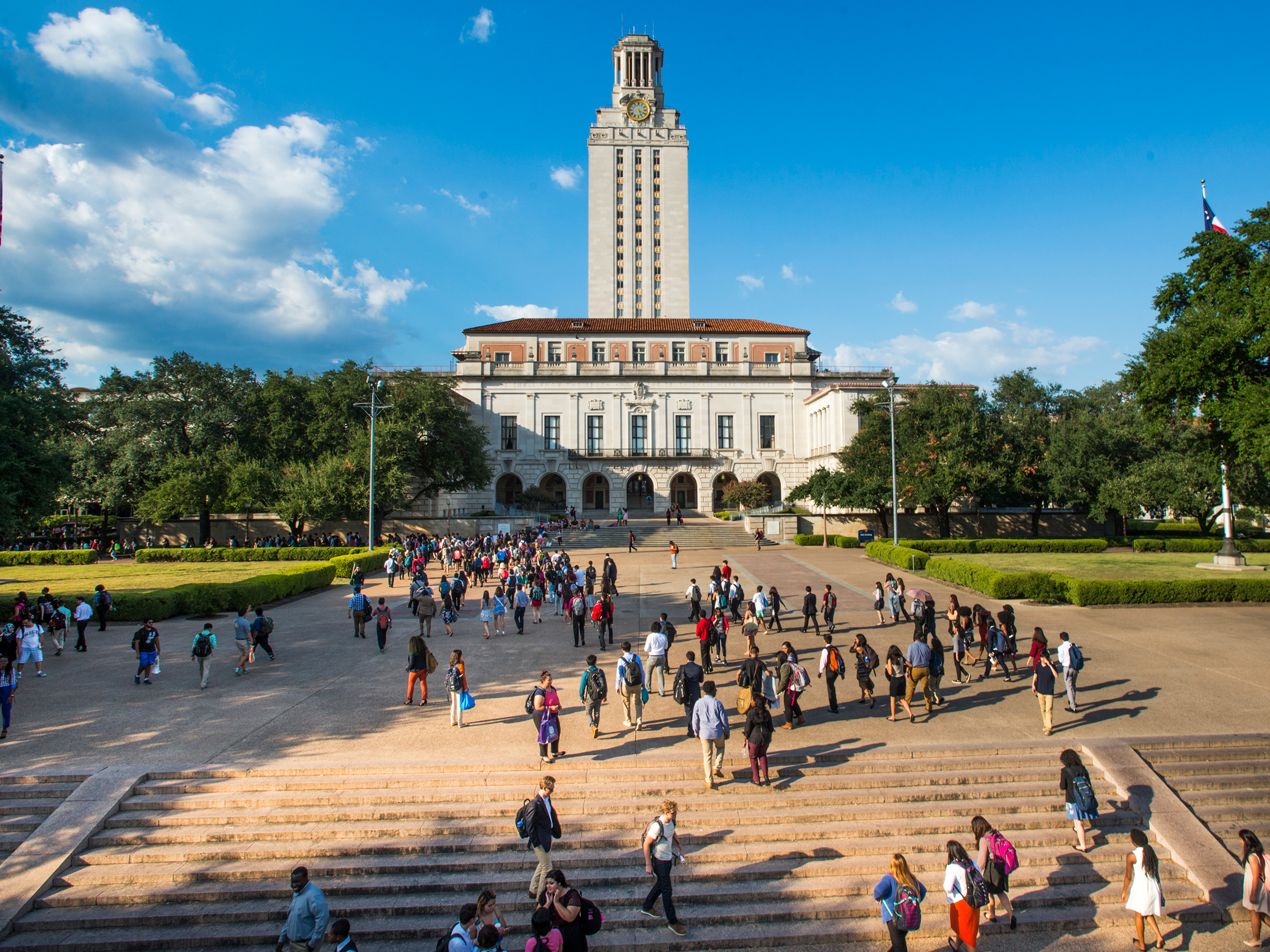
About the Department
The Department of Integrative Biology leads innovative research and academic programs investigating life from the molecular level to entire ecosystems.

Mission & Vision
Our mission is to discover the principles that govern the diversity of life and its interactions with the environment, and to facilitate a sustainable future through research, education and public engagement.
We aspire to be a global leader in the study of the living world, the education of future scientists and the pursuit of equitable solutions to environmental and societal challenges for all.

Departmental Leadership
Meet the leaders who guide our department toward excellence in research, education and community engagement.

History
Explore the history of our department and its contributions to the field of biology.

Get Involved
Discover the many ways you can engage with our department, from student organizations to volunteer opportunities.

Job Opportunities
Find exciting career opportunities within our department and join a team dedicated to advancing biological sciences.

Contact
Contact the Department of Integrative Biology.
